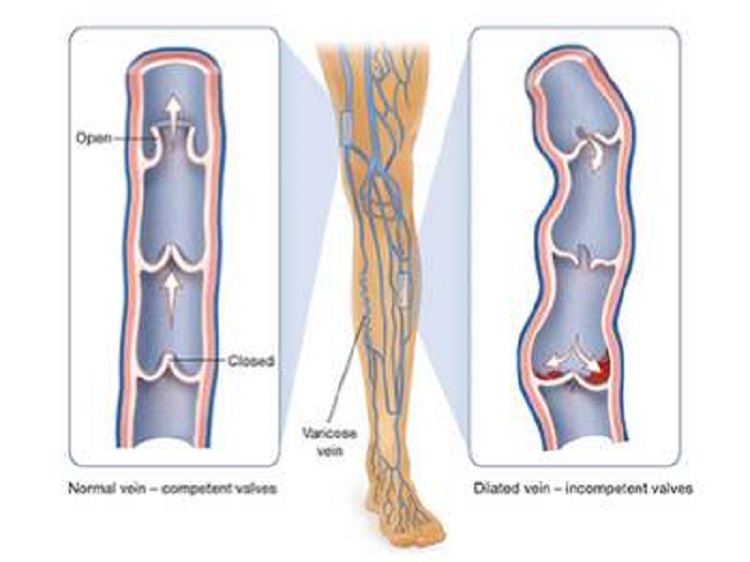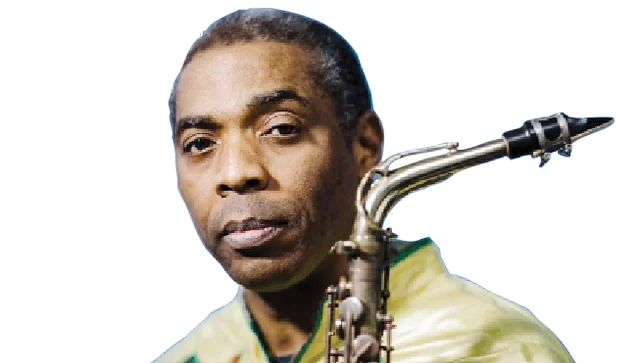Vascular conditions are medical conditions that affect the blood vessels, which include the arteries, veins, and capillaries. The blood vessels transport blood throughout the body, providing oxygen and nutrients to the tissues. When the blood vessels become damaged or diseased, it can lead to various vascular conditions, significantly impacting a person’s health and quality of life.
These conditions can be mild or severe and may require specialised care from a vascular surgeon. Many vascular surgeons in Vadodara are curing patients with many vascular conditions. The procedures are performed only in accredited hospitals or medical centres meeting the standards of the National Accreditation Board for Hospitals and Healthcare Providers. And in this article, you can explore some common vascular conditions treated by vascular surgeons in Vadodara.
Atherosclerosis
Atherosclerosis is when plaque builds up in the arteries, narrowing and hardening them. It can lead to reduced blood flow, which can cause a heart attack, stroke, or other cardiovascular problems. Many procedures remove the plaque and restore blood flow to the affected area.
Peripheral Artery Disease (PAD)
Peripheral artery disease is a common vascular condition where the arteries in the legs become narrowed or blocked due to plaque buildup. It can cause pain, cramping, and leg fatigue while walking or exercising. Various treatment options, such as angioplasty and stenting, open up the blocked arteries and restore blood flow.
Varicose Veins
Varicose veins are enlarged, twisted, and swollen veins on the legs and feet. Damaged or weakened valves cause them in the veins, allowing blood to flow back into the veins instead of towards the heart. Vascular surgeons use various procedures, such as endovenous laser therapy and radiofrequency ablation, to treat varicose veins and improve blood flow.
Deep Vein Thrombosis (DVT)
It is when a blood clot forms in the deep veins, usually in the legs. It can cause pain, swelling, and redness in the affected area and lead to a pulmonary embolism if the blood clot breaks off and travels to the lungs.
Carotid Artery Disease
This is when plaque builds up in the carotid arteries, the major arteries that supply blood to the brain. It can cause a stroke if the plaque breaks off and travels to the brain. Carotid endarterectomy, carotid stenting and other procedures are used to remove the plaque and restore blood flow to the brain.
Aortic Aneurysm
An aortic aneurysm is where the aorta, the largest artery in the body, bulges or balloons out due to a weakened wall. It can cause the artery to rupture, leading to life-threatening bleeding. Various procedures, such as endovascular repair and open surgery, treat aortic aneurysms and prevent them from rupturing.
Venous Insufficiency
Venous insufficiency is when the veins in the legs cannot circulate blood back to the heart, causing swelling, pain, and skin changes. Techniques such as vein stripping and sclerotherapy improve venous circulation and reduce symptoms.
Thoracic Outlet Syndrome
Thoracic outlet syndrome is when the nerves and blood vessels that pass through the thoracic outlet become compressed. It can cause pain, numbness, and weakness in the arms and hands. Vascular surgeons use various procedures, such as thoracic outlet decompression surgery, to relieve pressure and restore blood flow and nerve function.
In conclusion, vascular surgeons in Vadodara are crucial in diagnosing and treating various vascular conditions. All medical professionals involved in vascular surgery, including surgeons, anesthesiologists, and nursing staff, must adhere to strict infection control measures and follow standard operating procedures according to the Medical Council. Nevertheless, maintaining a healthy lifestyle and seeking medical attention if vascular symptoms arise are essential.








